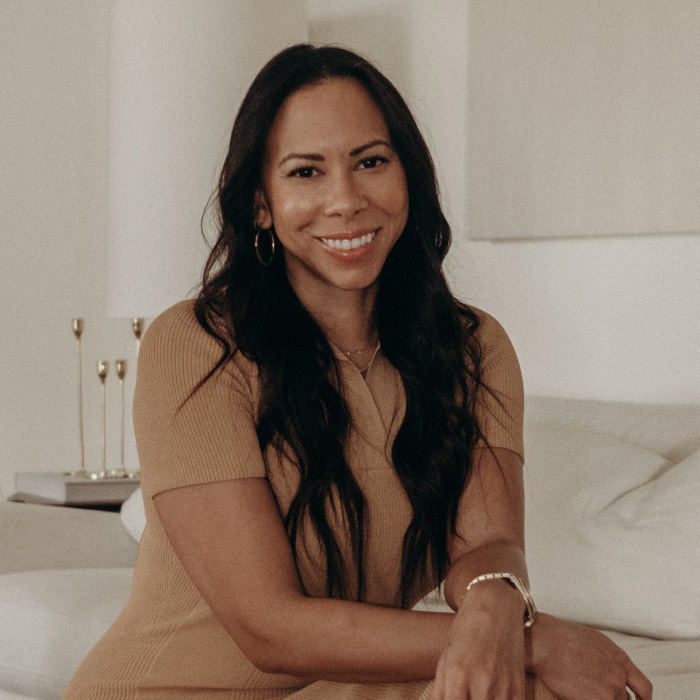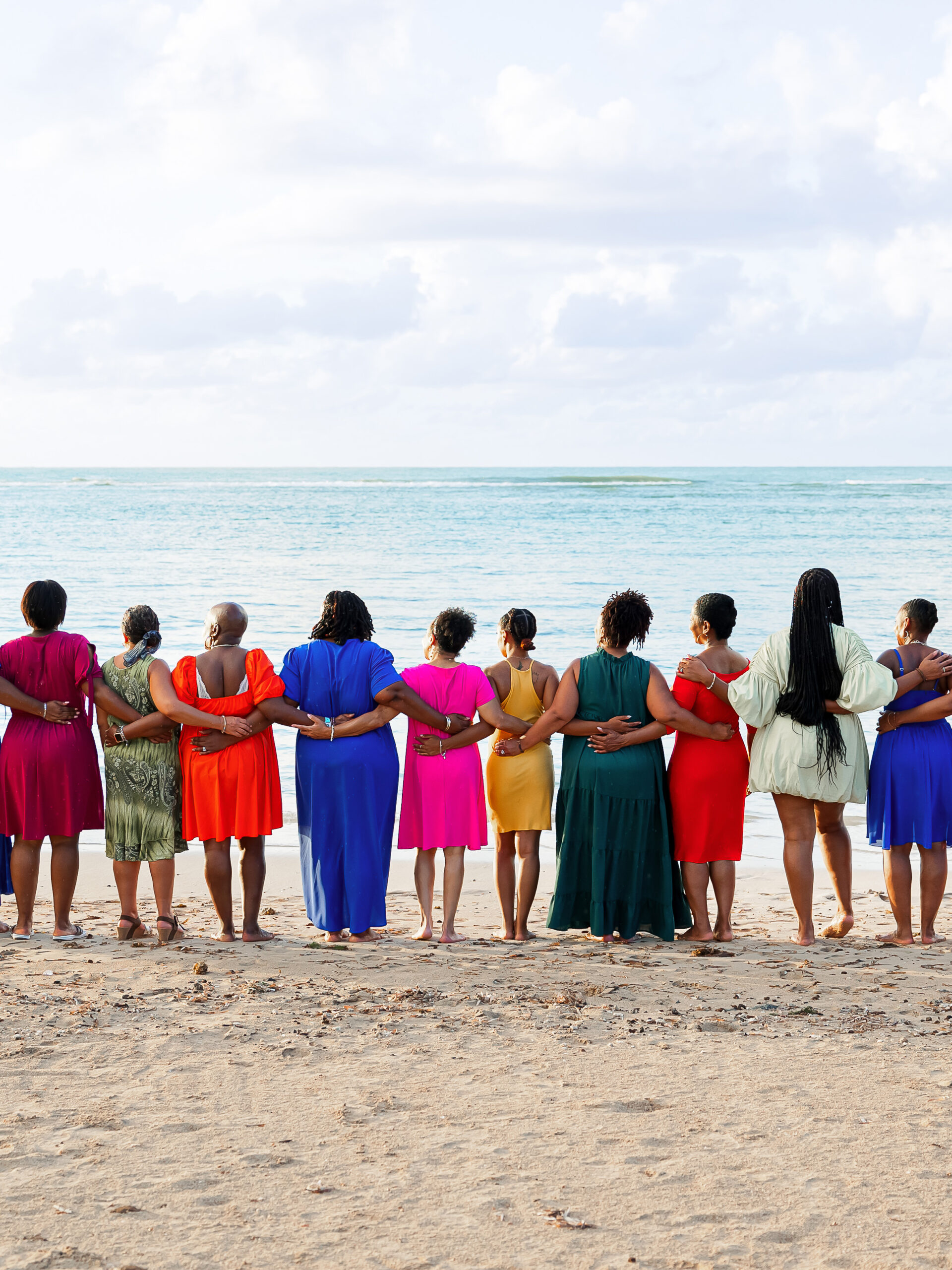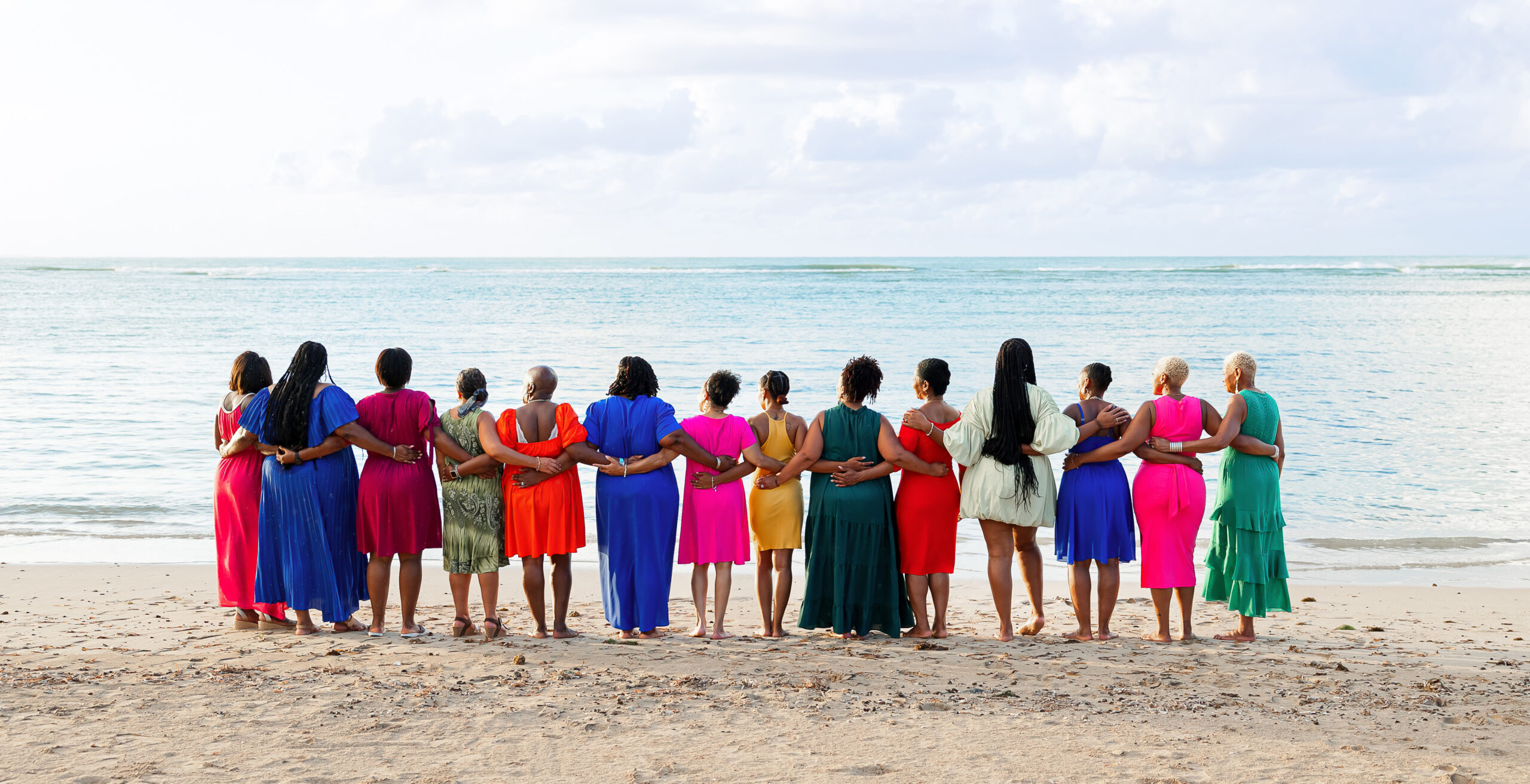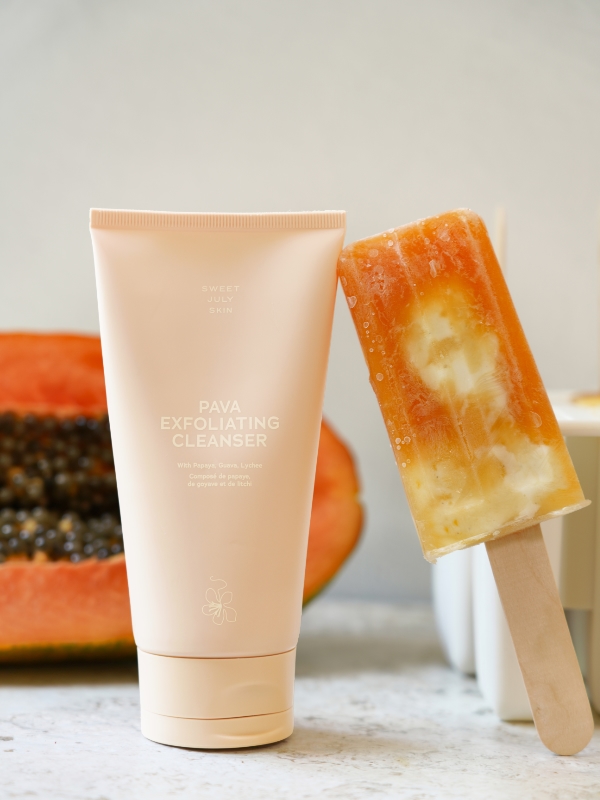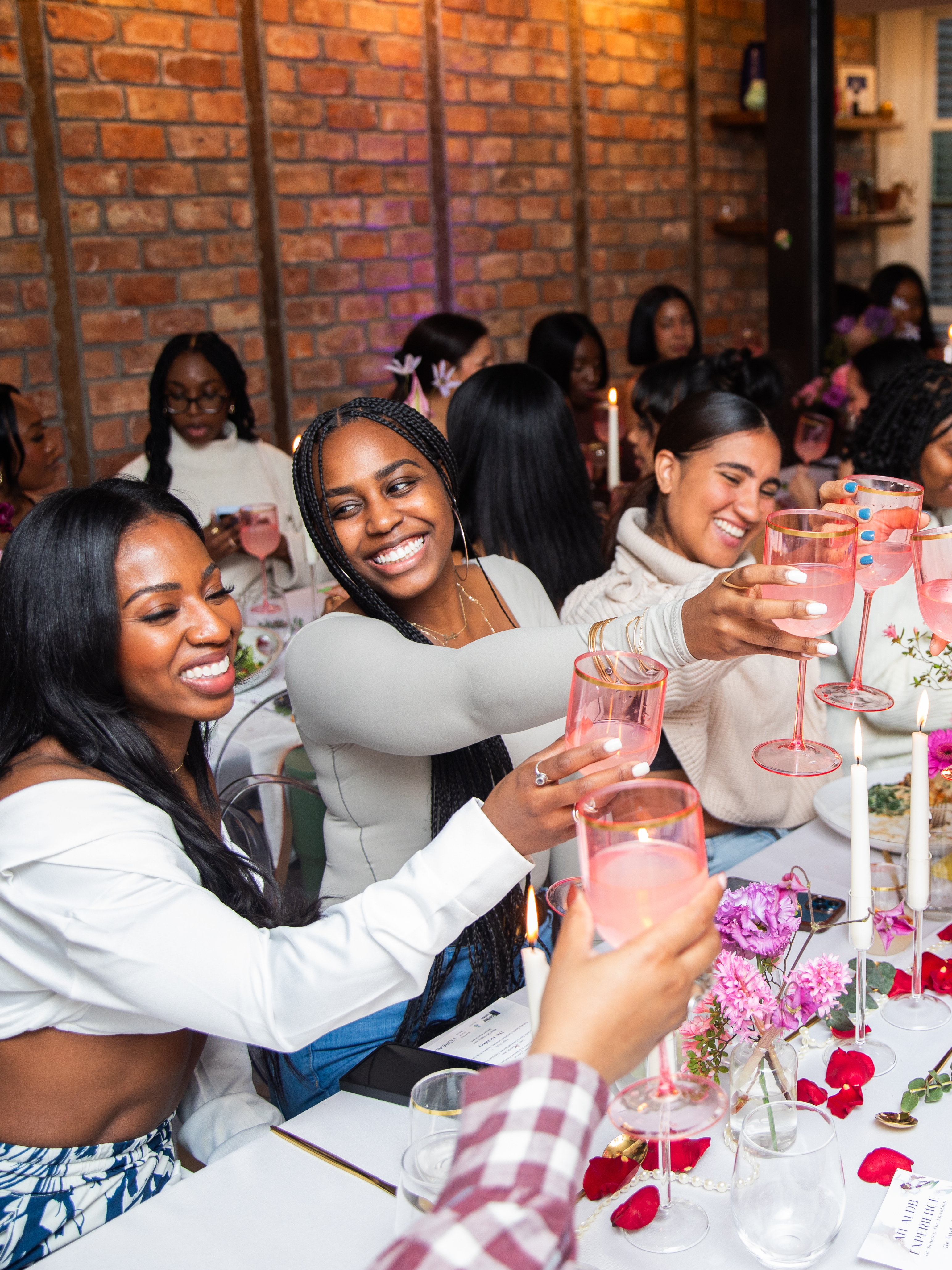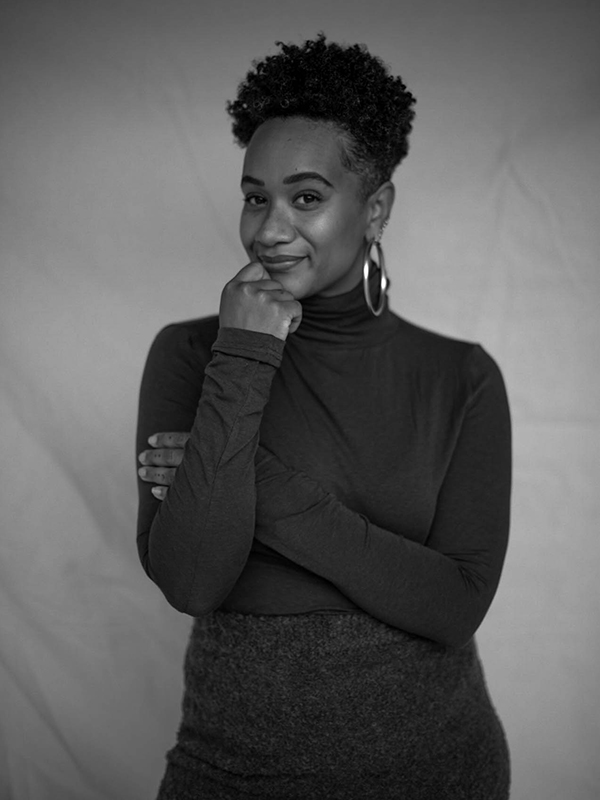Black women need rest.
Research shows that the number of Black women and girls committing suicide has skyrocketed in 20 years. More than 88% of Black women have experienced burnout, and about two-thirds feel emotionally unsafe at work. Black women are also more likely to deal with chronic stress and stress-related health issues.
Meanwhile, there has been an outcry about the disparities in the workplace affecting Black women in leadership, such as “the glass cliff”—the phenomenon where Black women are placed in positions of seniority during crises without the resources to succeed. The microaggressions Black women uniquely face can cost them their livelihoods and even their lives.
“We are the most likely to be overworked, yet underpaid; overlooked and under-appreciated; the last hired, but first fired,” says Lisa Hurley, founder of The Great Exhale. “We’re invisible and hypervisible at the same time. Encouraged to ‘show up as our authentic selves,’ but punished when we do. We are so often in need of support, but are forced to be strong.”
Instead of gritting their teeth and bearing it, many are taking matters into their own hands by exploring extended hiatuses from work. Also known as sabbaticals, these long breaks can last days, weeks or months at a time—with the ultimate goal of resting, healing and reconnecting.
The Value of a Sabbatical
Empress Varnado, an Los Angeles-based digital storyteller and creative producer, decided to take a sabbatical after burnout combined with family emergencies became too much to handle.
“Deciding to step back from everything was not an easy decision,” she says. “But if I didn’t take time off, I knew I wouldn’t be able to show up for the life that I wanted for myself.”
Determining how to spend your sabbatical is arguably just as important as taking the time off. “Platforms like The Nap Ministry and other wellness influencers have provided so much information on the what, why and how we can all live a life of ease,” says Varnado.
To help plan a sabbatical, Varnado also encourages women to try The Dufree Foundation’s DIY Sabbatical Guide. If you are a Black women entrepreneur or in senior leadership, consider joining a Divine Pause Experience for a day of rest, or any of the below options:
A Weekend for Me Retreat
During the A Weekend for Me retreat, hosted by Sherita Gaskins-Tillett, MD, women focus on regrouping. By being in the company of other high-achieving women, they are able to normalize their struggles, gain insight and form enduring bonds of friendship and sisterhood.
“They hear their own voices, acknowledge their deepest desires and gain a more intimate understanding of their inherent worth and value,” says Gaskins-Tillett.
After leaving the A Weekend for Me Retreat, Gaskins-Tillett says that women return home fortified, focused and armed with a strategy to make necessary changes and build lives that serve them.
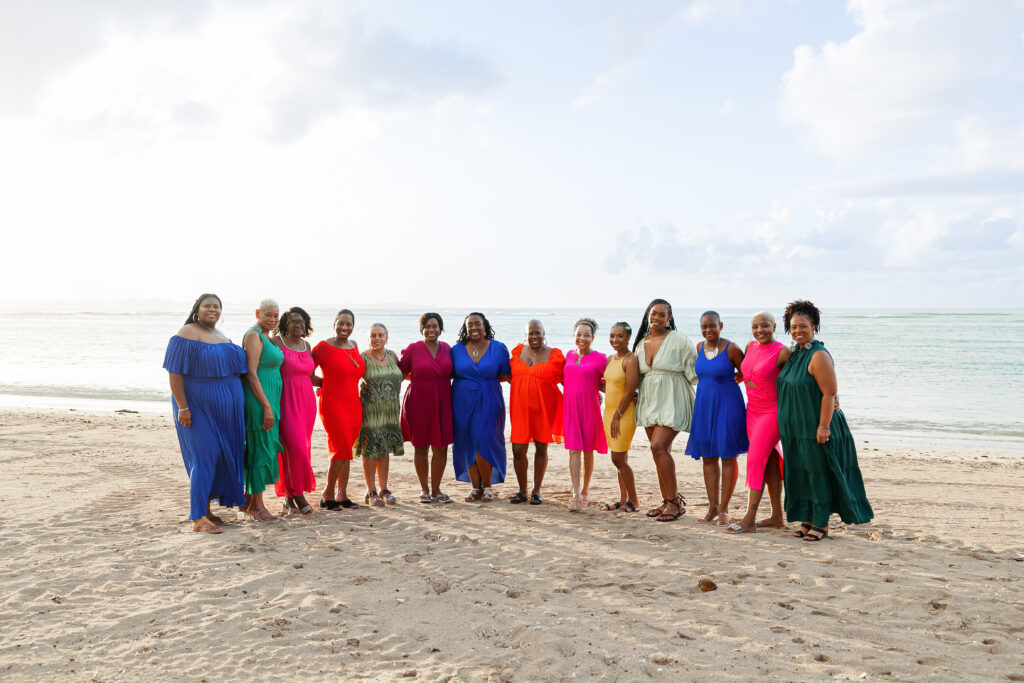
“They know who they are, what they want, and have the assurance that they are more than equipped to face obstacles,” she says.
This year’s A Weekend for Me Retreat takes place from June 20 to June 24 in Jamaica. The getaway includes tailored workshops and immersive activities, including beach excursions, yoga classes, meditation, spa treatments, nourishing, gourmet meals and bottomless beverages.
The Great Exhale™
Lisa Hurley is the founder of The Great Exhale™ (TGE), a private membership community that allows Black women to “relax, lay their burdens down…and exhale.” The mission is to offer support, sisterhood and psychological safety in an often harsh and unwelcoming world. TGE provides educational content around self-care, breathwork, meditation, affirmations and rest.
“At TGE, we celebrate our melanin, our culture, and our hair,” says Hurley. “It is a space that places Black women front and center and is built on sisterhood, support and belonging, which promotes psychological safety.”
Hurley explains that sabbaticals give Black women a safe cocoon to consider their relationship with their careers.
“A planned hiatus gives us time to heal and provides us space to recover, far away from what harmed us in the first place,” she says. “Some women opt to return to their jobs with stronger boundaries, and others never return to their job, redesigning their lives in a way that serves their highest good.”
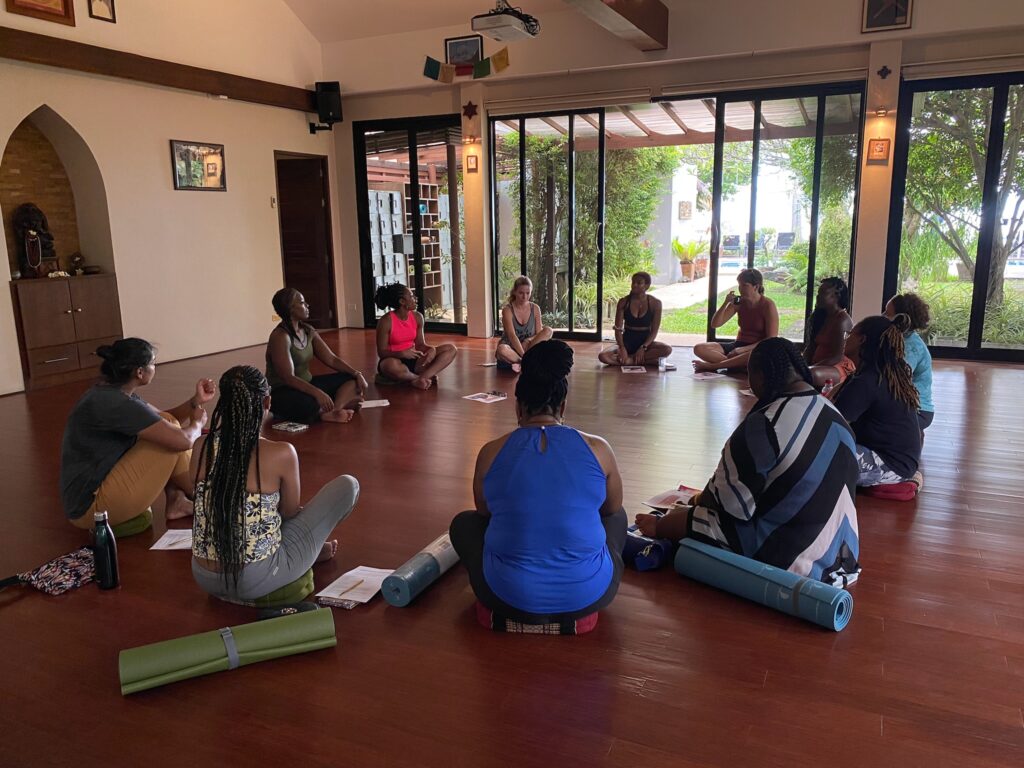
Gym Hooky’s Wellness Retreats
Ariel Belgrave Harris, founder and chief wellness officer of Gym Hooky, believes that sabbaticals allow Black women to heal from oppressive work environments. After spending more than 10 years as a corporate HR leader, she’s seen how both toxic workplaces and burnout disproportionately affect Black women professionals. She hosts wellness retreats that put mental wellness front and center for this community.
“We believe in creating safe, nurturing spaces where healing and transformation can thrive,” says Belgrave Harris.
As an executive wellness coach at Gym Hooky, Belgrave Harris’ mission is to create spaces for ambitious women to choose themselves without guilt. Her holistic retreats include mindfulness practices, reflective workshops, movement sessions, group activities and more.
In 2024, there are two all-inclusive wellness retreats available: Koh Samui, Thailand from June 8 to 15 and Ubud, Bali from September 14 to 21. Attendees will spend a week resting, resetting, reflecting and recharging.
A Growing Movement
The pandemic and the self-care movement that followed served as a tipping point—encouraging Black women to prioritize themselves.
Belgrave Harris explains that more Black women are realizing the importance of putting their mental health first—advocating for greater self-preservation.
Hurley agrees. “The soft life movement is a modern version of the underground railroad for Black women,” she says. “We are uniting in sisterhood, holding each other by the hand, and supporting each other on the path toward reclaiming our time, our lives and our freedom.”



